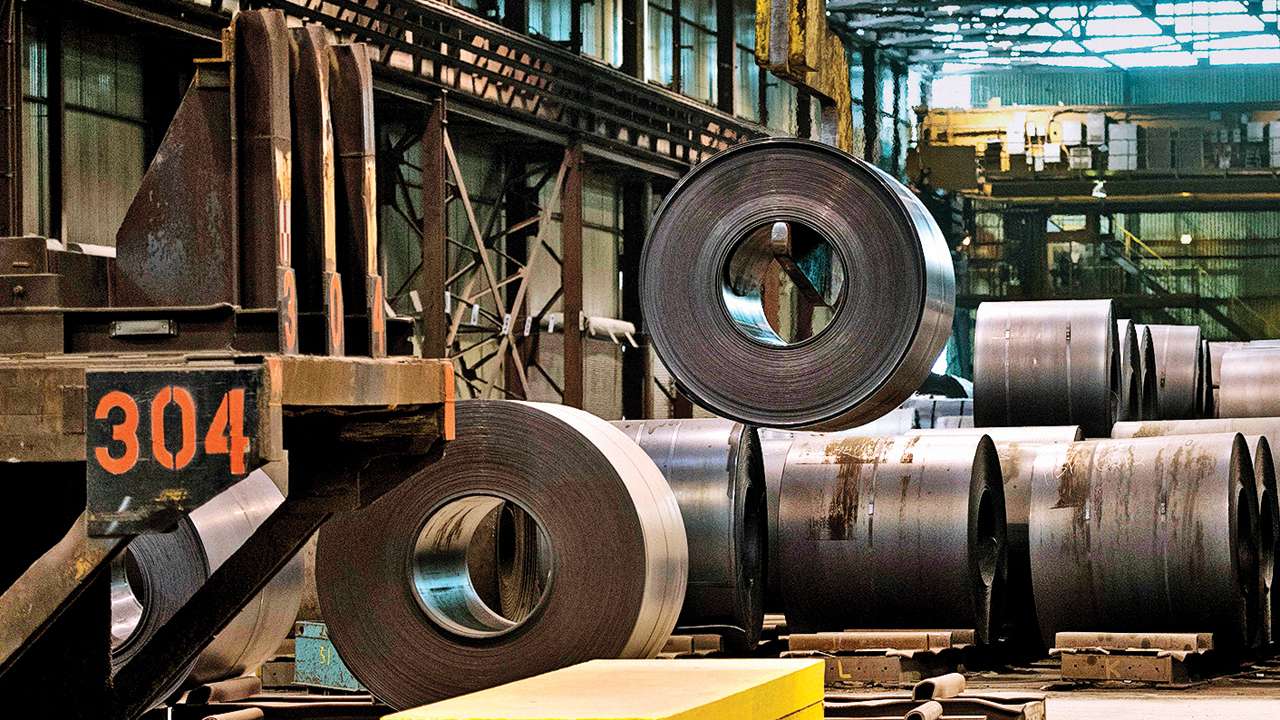
The global economy could be headed for stormy waters if trade wars become a reality. President Trump recently threatened to impose tariffs on the import of steel and aluminium to protect American manufacturers. European Commission chief Jean-Claude Juncker’s response to that threat was very telling. In vowing to fight back with their own tariffs he said, “This is basically a stupid process, the fact that we have to do this. We can also be stupid.”
Stupid is the appropriate word for what is going on. ‘America First’ and ‘Make in India’ are jingoistic and populist statements made by leaders who have been bestowed with the power to improve the overall welfare of their people and instead appear bent on promoting protectionist economic policies that have never worked.
The evidence that free trade among nations improves global welfare is overwhelming. In 1970, about 27 per cent of the world’s wealth was created from trade. Today 60 per cent of global GDP comes from trade. The welfare effects of this increase in trade have been phenomenal. In 1970, before globalisation, almost 60 per cent of the people lived in abject poverty. Today, as a result of free trade between nations, the number of poor people worldwide has dropped to less than 10 per cent. Free trade and free markets have lifted over six billion people out of poverty. In addition, free trade has resulted in a more than fivefold drop in inflation. Average global inflation has dropped from 11 per cent in 1970 to below 2 per cent in 2017. So while economists can disagree on a lot of things, on one issue there is universal consensus: Free trade among nations and free markets improve global welfare.
The problem with protectionism is that it is based on a very limited vision of a zero-sum world in which one country’s gain must come at the expense of another. The notion that India’s trade surplus must have come at the cost of American workers is as bizarre as the claim that the earth is flat. Trade is not a zero-sum game. If each country produces those goods in which it has an advantage and then exchanges it with goods that other countries can produce more efficiently then trade results in a win-win outcome for consumers in both countries.
Free trade benefits the vast majority of people much more than the disruption costs that some workers suffer from foreign competition. If China dumps steel into the US at less cost, then someone in China is paying for this subsidy. Why would an American buyer of steel object to the subsidy if part of his cost is being picked up by someone in China. If the US cannot produce steel as efficiently as the Indians or Chinese, then they should not produce steel. Instead, they should import cheap steel and use it to produce goods like airplanes, where they have an efficiency advantage. If General Motors can buy steel cheaper, they can produce cheaper cars and sell more cars, and since cars are a higher value-added good the increase in the nation’s revenue from the sale of additional cars more than offsets the loss of not making that steel at home.
The world is now interconnected through goods and capital. The dollars Indians earn from selling goods in the US eventually end up buying US government bonds and allowing the US government to run a fiscal deficit. If these dollars were to become unavailable because Indians (or the Chinese) can’t sell steel to the US, the US government would have to print more dollars to cover the deficit, which will cause inflation and eventually hurt everyone in the US.
In a dynamic economy, jobs and industries are continuously being destroyed and replaced by new ones. This is essential to economic growth and protectionism and tariffs distort this process. Eventually, a tariff is paid not by foreign producers but by domestic consumers, as both foreign and domestic producers increase their prices by the full amount of the tariff. So Finance Minister Arun Jaitley’s recent proposal to impose tariffs on almost 50 items to promote ‘Make in India’ will ultimately have minimal effect on producers of these products. It is the Indian consumer that will be ultimately be affected both directly through higher prices and indirectly from adverse effects on other domestic industries that rely on cheap imports.
India needs to stake out a clear and unambiguous position on free trade and stay away from tariff wars. The outcome of these trade wars will most certainly be a drop in global prosperity and a rise in inflation, and India being at the lower end of the economic food chain is likely to suffer the most.
A rapidly growing Indian economy with a large young population is now increasingly dependent on trade for goods and capital. India needs to aggressively capture pockets of opportunity such wars may present and to negotiate free trade agreements with as many countries as possible. Sadly, the country has not signed any major free trade agreements in the last four years. Finally, lowering the tax burden on corporations, reducing burdensome regulations on business, and allowing for a full and free convertibility of the rupee will do more for ‘Make in India’ than tariffs.
The author is the founder, contractwithindia.com. Views expressed are personal